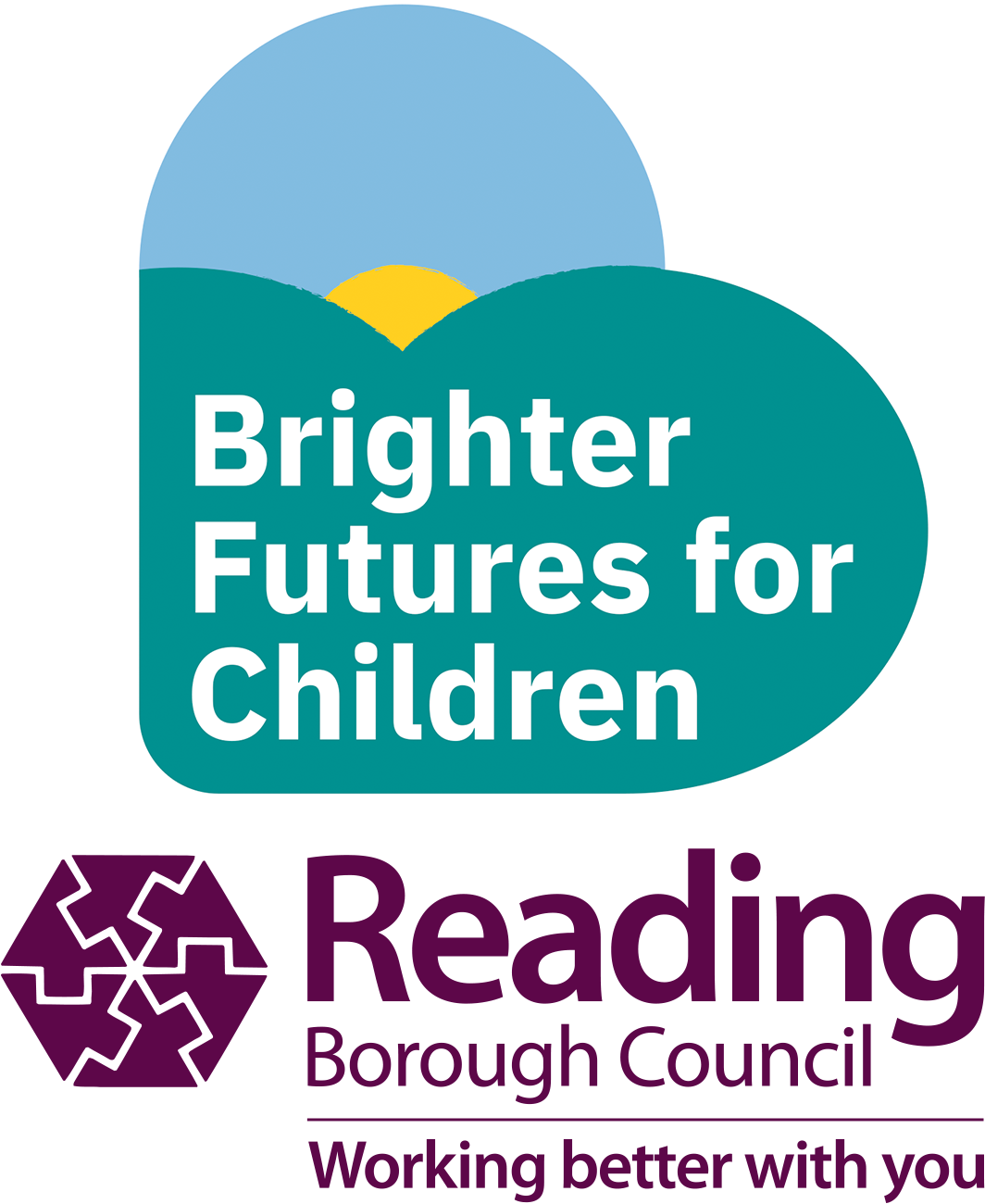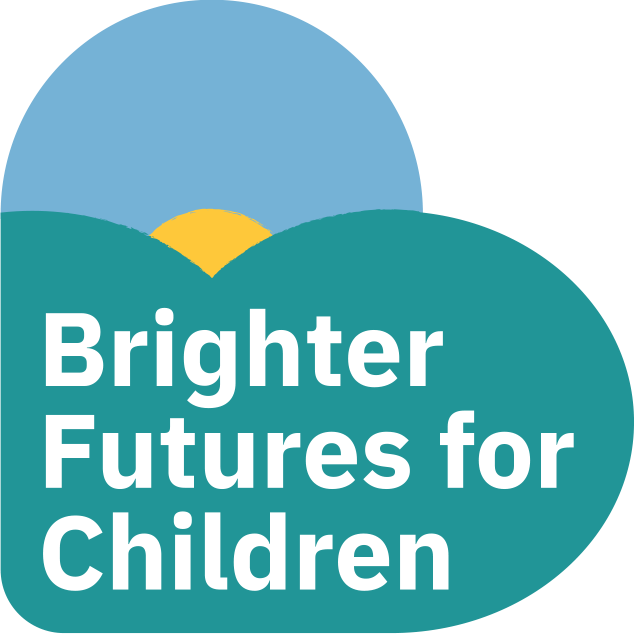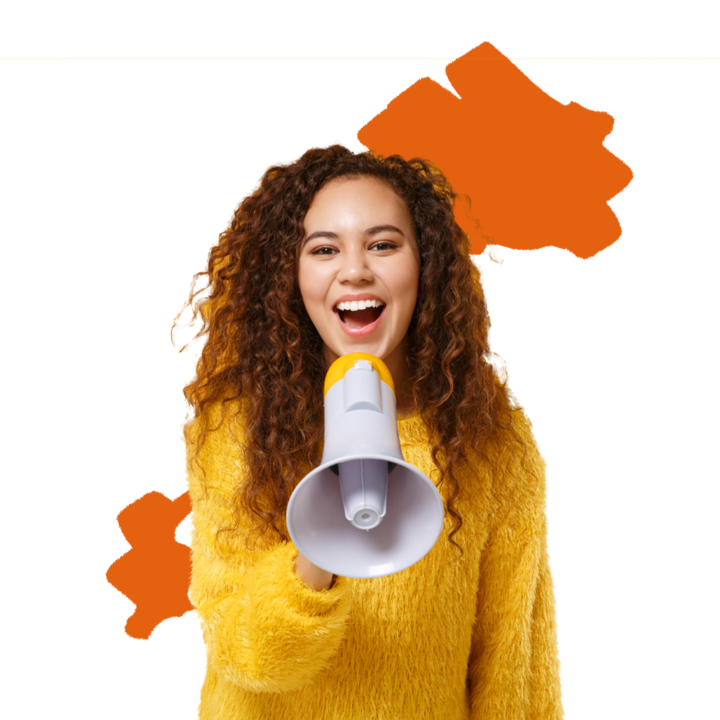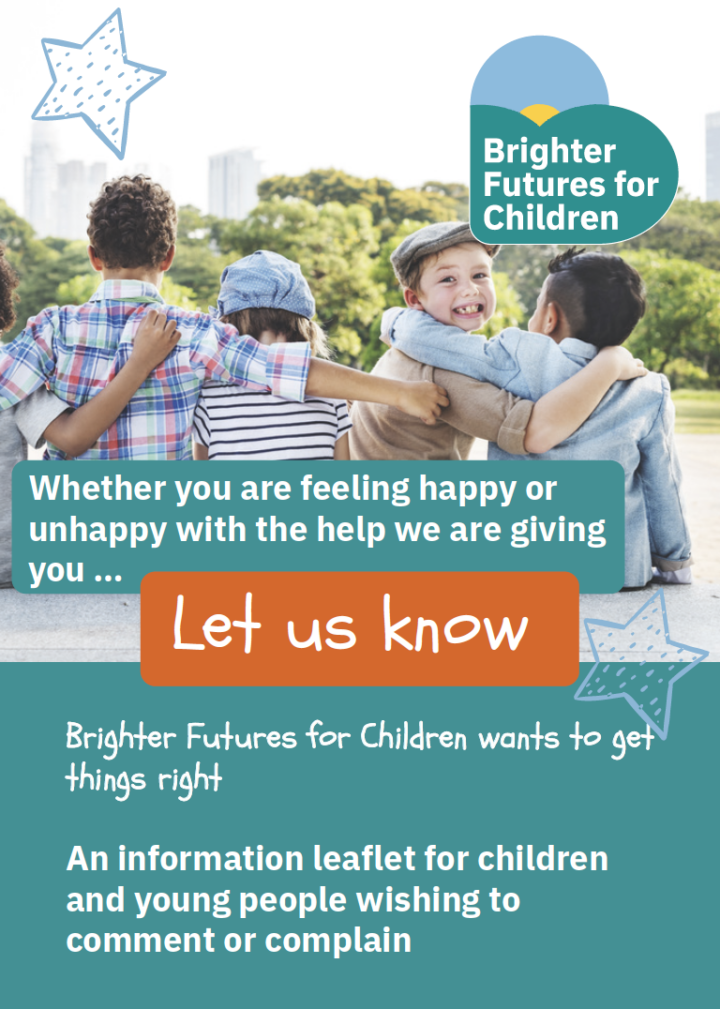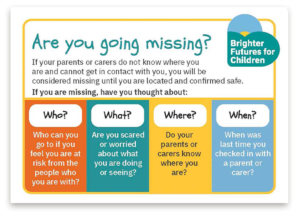- Home
- YOUNG PEOPLE’S ZONE
Welcome to our dedicated Young People's Zone – especially for you if you are aged 13+
We may be called Brighter Futures for Children but that doesn’t mean we don’t support young people – we provide lots of services for anyone aged 13+ too.
We’ve pulled lots of information all together in one place, including activities and things to do, our Youth Service, our Mental Health Support team or our Elevate careers advice service.
There’s also information if you’ve recently been taken into care and want to understand more, including a message written by other young people in similar situations. Visit our Children in Care Council page.
Scroll down the page to ‘Other Resources’ for top tips and access to help and support with keeping yourself safe, both online and in the community, plus links to support with bullying, sex and relationships, stop and search and much more.
You can also follow us on Instagram for tips, advice and local info at @readingyoungpeople.
Scroll down to find out more information dedicated to help you.
Our services
Mental health
Your mental health is important. If you’re going through a difficult time, find out how we can support you.
Elevate Careers
Aged 16+ and figuring out your next steps? Our Elevate team can support you with further education, apprenticeships.
Being in care
If you’re in care, find out what support is on offer and see what our Children in Care Council are getting up to.
CareLeavers
Aged 18+ and previously in care? Find out how we can continue to support you until you’re 25.
Reading Youth Council
Find out what issues we’ve been campaigning about and learn more about RYC.
Young carers
Are you helping to look after a family member? Find out how we can support you.
ReachOUT
Are you thinking about your sexual orientation or gender identity? ReachOUT is our support group.
Let us know - your guide to complaints and comments
Are you involved with us because you:
• live with a foster carer or in other supported accommodation?
• care for someone who depends on you?
• are being helped or supported by one of our social workers or support workers?
If you answer YES to any of the above, then this leaflet is for you.
Other resources
If you’re being bullied, whether it’s online or in person, it can be really difficult and leave you feeling hurt and even frightened. You are not alone and there is always support for you.
- Young Minds is a great website for so many aspects of your mental health. They have a dedicated page about bullying, explaining what it is, how to get support and tips from other young people who have experienced being bullied themselves.
- Ditch The Label is a support hub full of helpful tips and advice on what to do if you’re being bullied. It also helps us understand why people bully and that it may even be your friends who are bullying you.
- Childline helps you understand different types of bullying and abuse, and how to get help.
- Kidscape have some helpful tips on how to manage bullying and also about being a bystander.
- Think U Know has everything about online bullying. Whether you’re being trolled on TikTok or someone is spreading rumours about you online, Think U Know helps you recognise what online bullying is and how to respond.
Going ‘missing’ might mean a few hours or overnight, and sometimes it can be for longer.
You may feel the need to escape from trouble, hassle or something you are worried about whether at home, online, or your local area. You may feel bored and want to fit in and hang out with friends. Or you might feel that no one cares – that no one would be bothered if you went missing, or you’re struggling with your mental health.
Whatever the reason, going missing can increase your vulnerability to ending up in coercive friendships and relationships, and exposure to drugs, alcohol and unsafe situations.
Children who go missing often head to town centres, parks or unsafe houses where they mix with other young people to hang out and – in some cases – experiment with drink and drugs. People who want to take advantage of children and young people will head to those ares too. They might offer you a drink or a spliff, make you feel cool, independent and at ease with them before leading to abusive behaviour.
This is why it’s important that an adult you trust always knows where you are.
Click on the postcard above for some helpful advice.
You can also visit It’s not ok which has lots of tips and advice to help you understand the risks of going missing.
- Reading’s Family Information Service has lists of local and national organisations, how they can help and contact details to help with online safety and child exploitation
- For local information on Prevent or to report online material promoting terrorism and extremism, visit Reading Borough Council’s dedicated pages here.
Social media is great for staying connected to friends and family but it can also be somewhere where negative language and imagery is shared, which impacts on our mental health and wellbeing.
 Read Anna Freud’s Managing social media booklet, written with young people, which aims to offer advice and guidance on how to minimise this impact.
Read Anna Freud’s Managing social media booklet, written with young people, which aims to offer advice and guidance on how to minimise this impact.- Loan sharks offering financial support (illegal loans) may advertise online, through WhatsApp, Instagram or SnapChat or other social media platforms – it’s important to be wary and report anything that seems suspicious. See here for more info and how to report anonymously.
You can also watch the short video below that shows how easy it can be for someone you know or don’t know, to persuade you to send pictures of yourself and how that can lead to financial blackmail and cause a lot of stress and worry.
Many young people may experience abuse, domestic violence or exploitation but without recognising it as abuse. There are different forms of abuse including:
- emotional: being continually ignored, excluded or blamed
- physical: being repeatedly hit or not cared for
- sexual: being forced or persuaded to take part in sexual activities, whether in person or through the internet or mobile phones
Any form of abuse is wrong. It is not your fault and you shouldn’t feel guilty, scared or ashamed. You may be experiencing abuse by an adult, but it could also be from someone close to your own age.
There are many organisations who can help you:
- If you are in immediate danger, call 999. Press 55 when prompted if you can’t speak.
- Or if you have any immediate concerns, please call 0118 937 3641 or email cspoa@brighterfuturesforchildren.org without delay.
- NSPCC: call 24/7 on 0808 800 5000. Read more abuse and sexual exploitation
- Childline: can also be contacted 24/7. Calls to 0800 1111 are free and confidential or contact them online
We believe children and young people involved with the Youth Justice Service need, and deserve, the same care, support, attention and encouragement as all children do. We see them as children and young people first, rather than labelling them as offenders.
You can read the latest Reading Youth Justice Plan 2022-23 to learn about our vision and strategy for working with young people who have offended or are at risk of offending.
You can also watch a video version of it below.
Sex is your choice. Being ready happens at different times for everyone. It’s completely normal to have questions and there will be many young people feeling the same or in similar situations.
Whether you’ve had sex or not, it’s important to find out about consent and contraception so you can make decisions that are right for you.
- Here are some answers to common questions about sex on the NHS website
- Knowing when you’re ready, talking about sex with your partner, safe sex, healthy versus unhealthy relationships plus lots more useful info here
- Find out about sexually transmitted infections (STIs)
- Find your nearest sexual health clinic – NHS Choices
- Relationship advice for under 21s
- The Mix has lots of support, with discussion boards too if you’ve something on your mind you’d like to chat through
- First crushes, first kisses, first times… Rise Above has interesting and useful stories, videos and advice
Did you know, only male police officers can search a male, and only female police officers can search a female? If you’re ever stopped by the police, it’s worth knowing what your rights are and how to best manage the situation calmly.
Watch this short film for advice.
- Childline has a range of advice for coping with the impact of the pandemic.
- This short guide has been produced by the Children’s Commissioner to help answer some questions you may have about coronavirus.
- MIND has information and support on their website if you’re worried about coronavirus and how to cope with the changes to your life
- Young Minds pulled this blog together with tips for maintaining good mental health
- Student Space is a mental health programme to support students through the unique circumstances created by the coronavirus pandemic.
- Anna Freud (National Centre for Children and Families) has advice and selfcare resources to support your wellbeing.
